Supreme Court case puts your clean water at risk
The Supreme Court is considering a case that has the potential to remove Clean Water Act protections for over half our wetlands and streams – putting the drinking water for 1 in 3 Americans at risk.
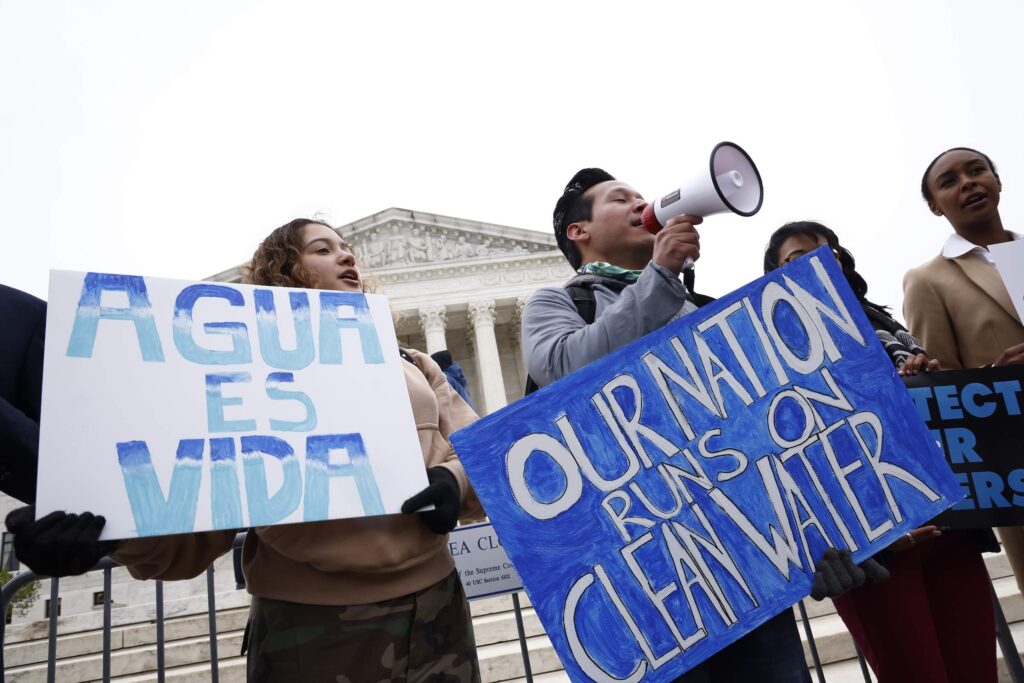
5/25/23 UPDATE: The Supreme Court released its ruling on Sackett v. EPA on Thursday, May 25th. The decision dramatically narrowed the scope of the Clean Water Act, undoing protections that have safeguarded the nation’s waters for over 50 years. Because it erases critical protections for tens of millions of acres of wetlands, the court’s ruling threatens the clean drinking water sources for millions of Americans.
“The court’s ruling is a serious blow to wetlands, which are essential to clean, affordable drinking water, public health, and flood protection. [This] ruling puts rivers and people at greater risk from pollution and harm. We urge state officials, the Biden Administration, and Congress to act quickly to safeguard rivers, wetlands, and streams that are so vital to our health and safety, environment, and economy. Rivers should unite us, not divide us.” Tom Kiernan, President and CEO of American Rivers.
Read American Rivers’ full statement here.
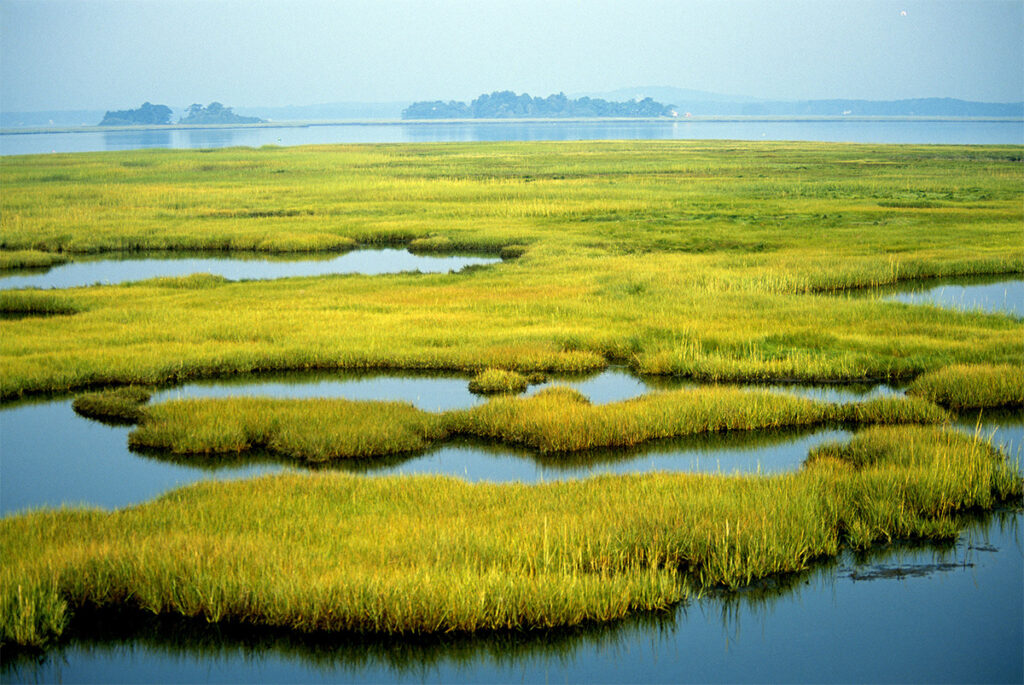
Take action to protect our clean water
This decision erases critical protections for tens of millions of acres of wetlands, threatening the clean drinking water sources for millions of Americans.
Original post from October 3, 2022.
Today, the Supreme Court is considering a case that has the potential to remove Clean Water Act protections for over half our wetlands and streams, putting the drinking water for one in three Americans at risk.
The case, Sackett v. EPA, is backed by polluters who want to weaken the Environmental Protection Agency’s ability to safeguard the streams and wetlands that are critical to our drinking water supplies, wildlife habitat and flood protection.
Here’s a quick summary of why this case is so important, and what’s at stake:
What does this Supreme Court case mean for clean water?
For 50 years, the Clean Water Act, enacted with bipartisan support, has served as our most fundamental tool for protecting waters across the country. Before the Clean Water Act, rivers were treated as sewers, with pollution of all kinds being dumped into them – some so polluted they caught fire.
Now, in the case of Sackett v. EPA, big polluters are arguing that the Supreme Court should weaken the scope of the Clean Water Act. This means countless streams and wetlands all over the country would no longer be protected – and polluters could have free rein to use our nation’s waters as sewers once more. Additionally, wetlands serve as carbon sinks, absorbing CO2 and filtering pollution, making them critically important to the ecosystems they are a part of.
Where are clean water and rivers at risk?
The Supreme Court decision in Sackett v. EPA means more than just redefining the Clean Water Act. Siding with polluters would mean denying communities across the country access to clean water – a fundamental human right.
If the Supreme Court rules against the EPA, the drinking water of one in three people in this country will be at risk. Countless wetlands and streams across the country – vital for fish and wildlife habitat and flood protection for communities – are also at risk. For example, the Court could remove protections for 80% of streams in the Southwest alone.
Who does this case impact?
Undermining longstanding critical safeguards for clean water would impact everyone in our country – especially Tribal Nations, Indigenous communities, low-income communities, and communities of color who already suffer most from toxic water pollution. It is crucial that the Supreme Court sides with communities and upholds equal access to clean water.

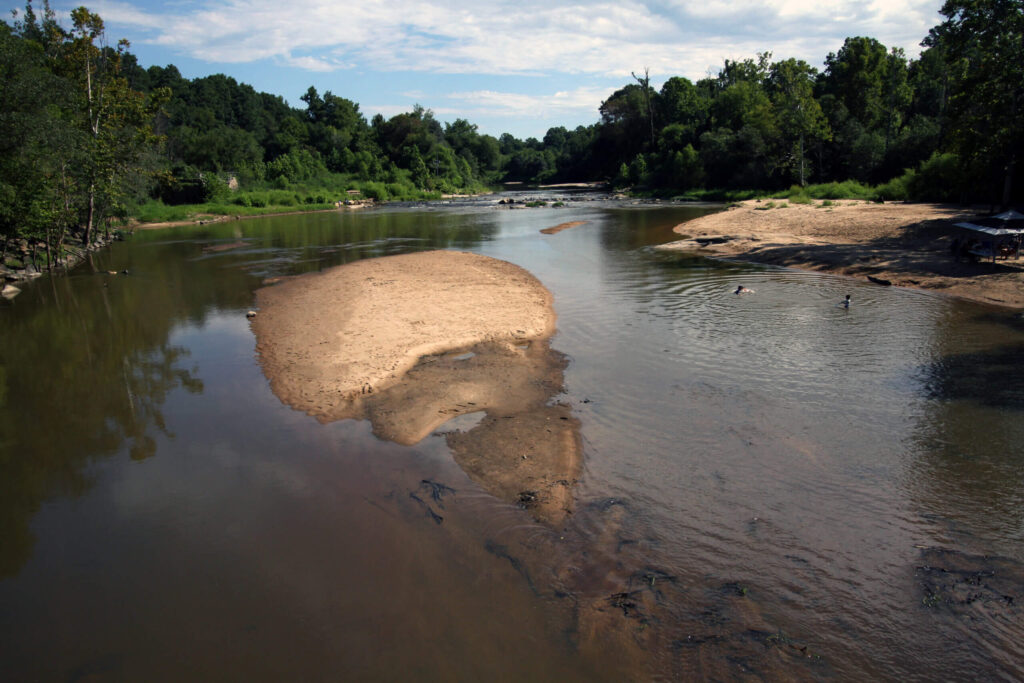
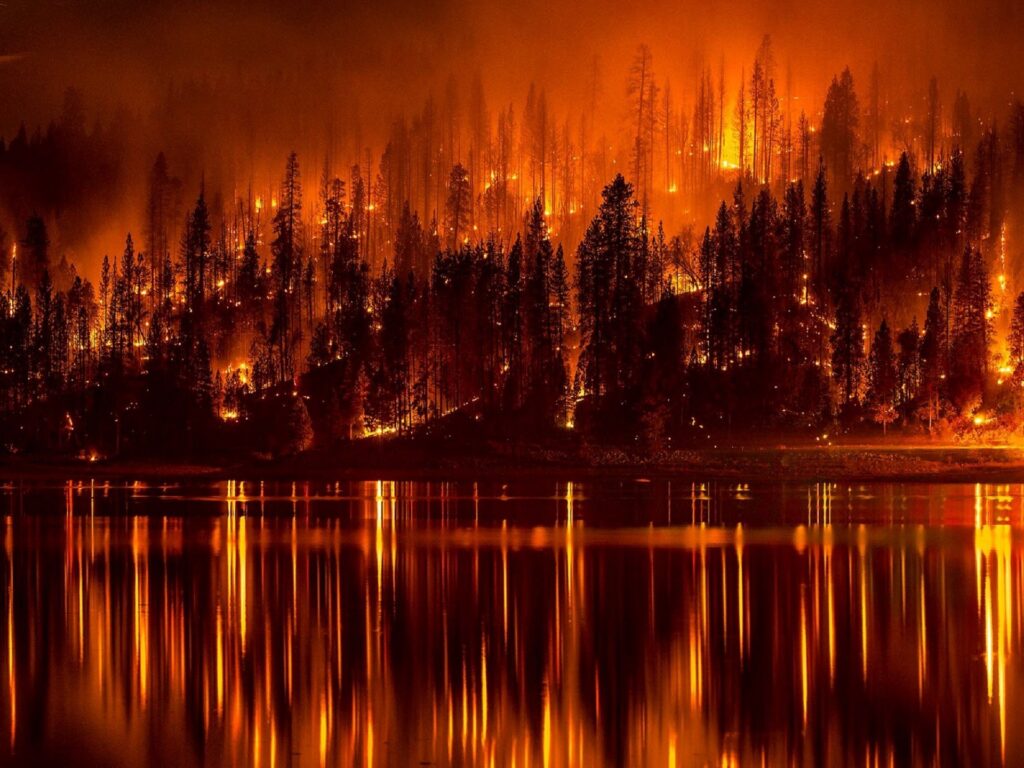
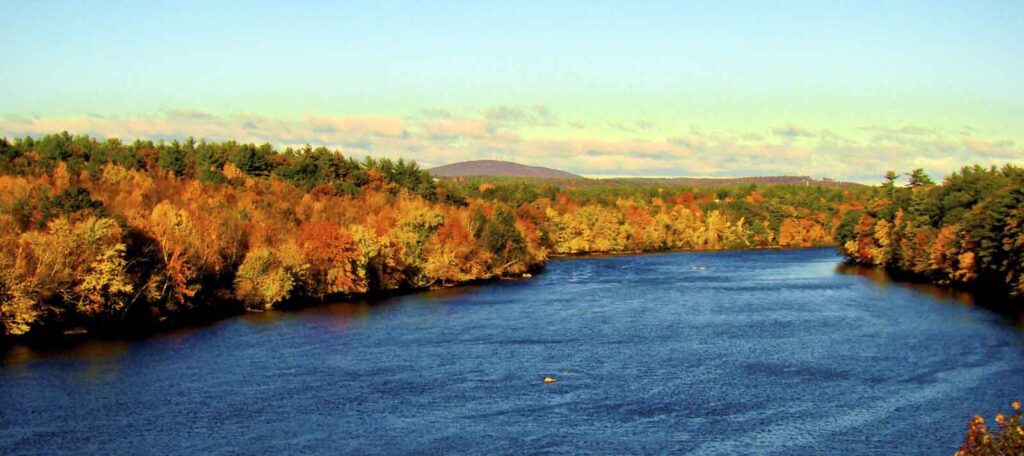
9 responses to “Supreme Court case puts your clean water at risk”
All waterways must be protected! Everything is interconnected. What you do to one affects another. Wetlands are vital as habitat for countless living beings, as nature’s filters for our drinking water and as natural buffers from storms and floods. This decision must be reversed.
When did the EPA get the right or ability to rewrite a law that was passed by Congress? They sought to take action against a family and their private property. The Executive Branch does not get to change a law without getting the LEgislative Branch involved. Too many agencies just change the law to read how they think it should. This is a matter of big government trying to control private property.
Past and current clean water rules make it impossible to know if you can have an organic garden on your property? The wetlands rules are ridiculous. One size does not fit all, this is best left up to individual states,
I would go so far as to say this is best left up to individual counties.
One size does not fit all.
I’m from Michigan. We should have learned from Flint. We should have learned from Kalamazoo. We should have learned from countless other cases in [YOUR] state. The list goes on. The cost of NOT protecting our water is infinitely more expensive than the cost of constant remediation, the cost of protecting corporations and industry. It’s the cost of birth defects, cancer, detrimental developmental outcomes, and the effect of toxins on every living thing. Corporations are not people.
Clean water should never be compromised for any reason! Big corrupt money would be the only reason to weaken the laws.
We all need clean water, every living thing needs water to survive and thrive!!!
Clean, potable water is a fundamental right for all beings: human and more than human. Protecting Water is essential.
We have already experienced the loss of jurisdiction for many headwater streams and “isolated wetlands” (an oxymoronic phrase) during the Trump administration. Clean Water Act protection of these systems assures that less pollutant loads will reach our streams and rivers. It is imperative that WOTUS includes these connected systems. Even if wetlands connect to these streams and rivers via groundwater, they still retain,detain and filter upland runoff pollutants from entering our streams as well as sequester carbon and provide wildlife habitat.. Even ephemeral headwater streams can be a conduit for pollutants to enter our streams and rivers if they are removed from WOTUS and CWA jurisdiction.
The SELLOUTS on the supreme court are fool’s to not see how important WATER IS TO LIFE!!! Now that the GOP have stacked the court AGAINST AMERICAN’S…. It’s time to EXPAND THE SUPREME COURT FOR AMERICAN’S!!!!